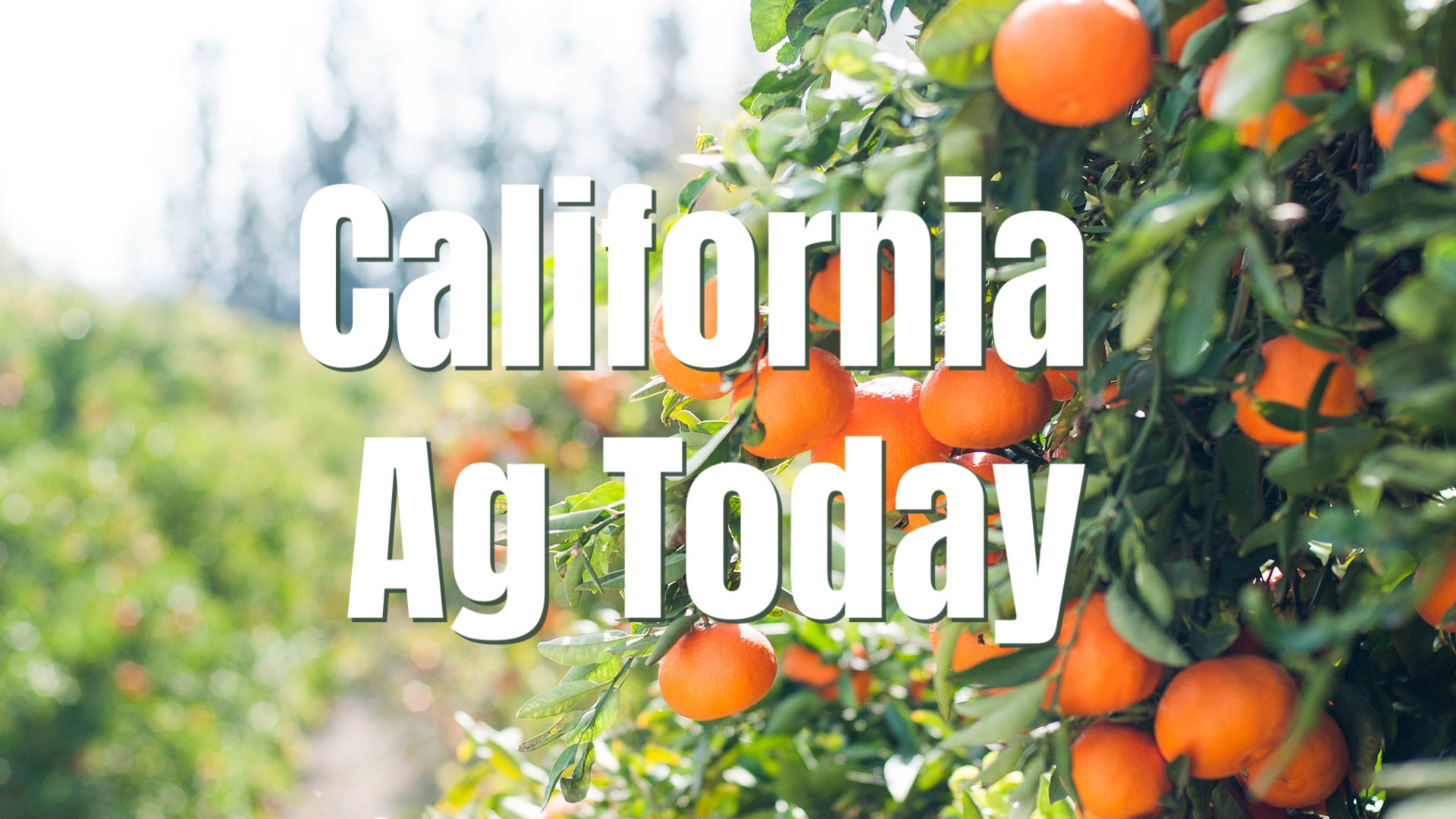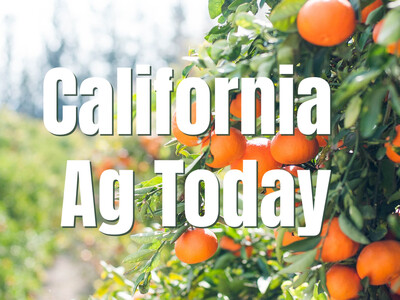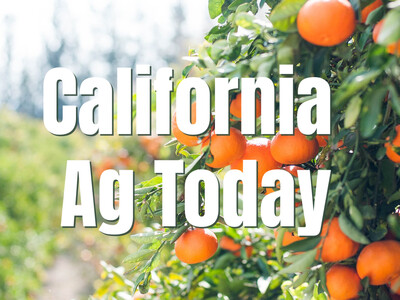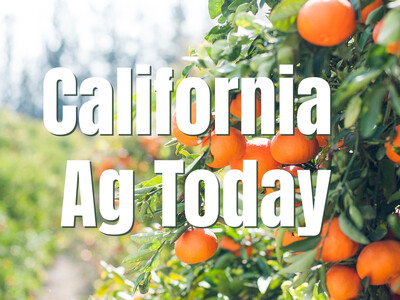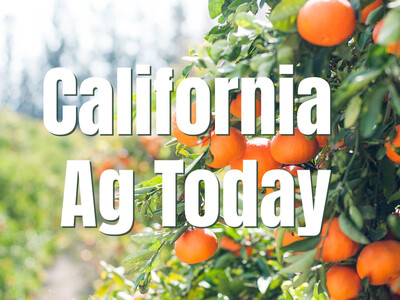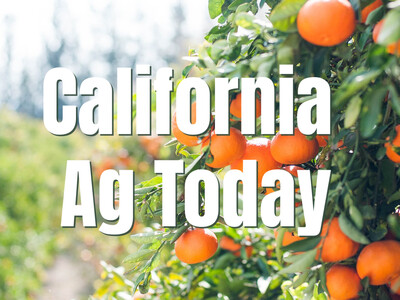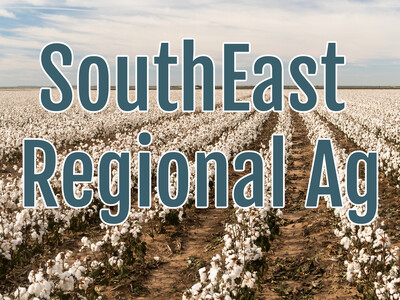Citrus History 3 Nov 3
For California AG today, I'm Mike Stephens. We finish with Benjamin Jenkins, PhD, University archivist and Associate Professor, Department of History and Political Science, College of the Arts and Sciences, University of Laverne. He's written a book, California's Citrus Heritage. His research led him to understand how Citrus has impacted California.Everyone in California had a stake in it, just about every part of the population. The stereotypes back then, and perhaps even still today, is that farming in California is kind of a rich person's game. And that's especially true in orange growing, where it takes about five or seven years after an orange tree or lemon tree is planted for it to bear fruit. So really, the actual owners of the groves had to be wealthy individuals. They had to have what we call a side hustle today to keep paying the bills while their orange trees were still growing. But when those trees did, eventually blossom and bear fruit impacted just about everybody, men and women, different populations. Latinos are Hispanic population, and every Chinese who came over to California during the gold rush, who were unable to find gold, ended up picking fruits or working on the railroad and picking fruits in the off season. Even the Native American, a lot of them who were living on reservations in Southern California, got jobs picking oranges, especially in Riverside. So regardless of one's race, what class of society people came from? Everyone had a stake in citrus and without the full participation of every one of those groups giving 110 percent, it wouldn't have been the commercially successful crop that it was.


